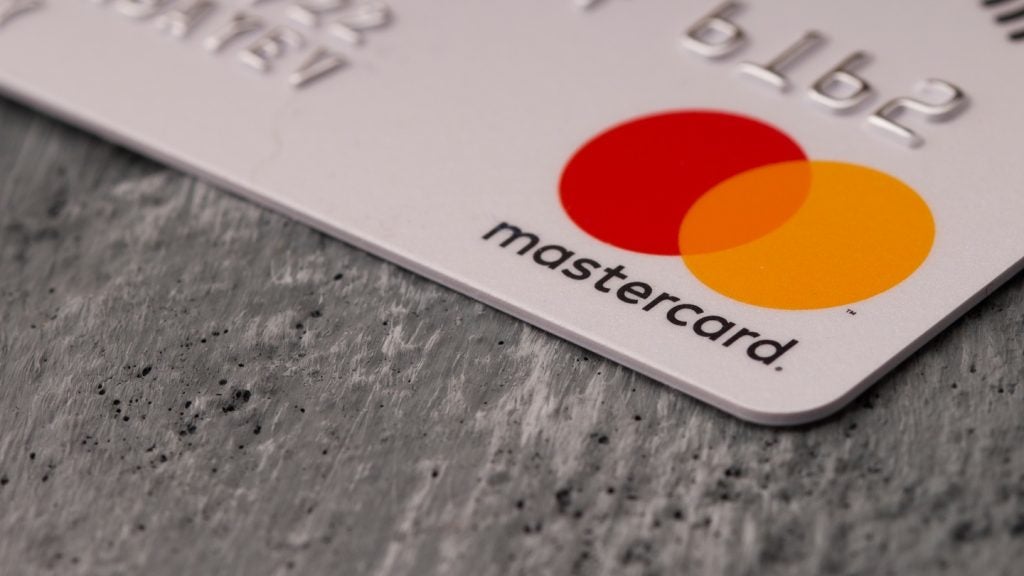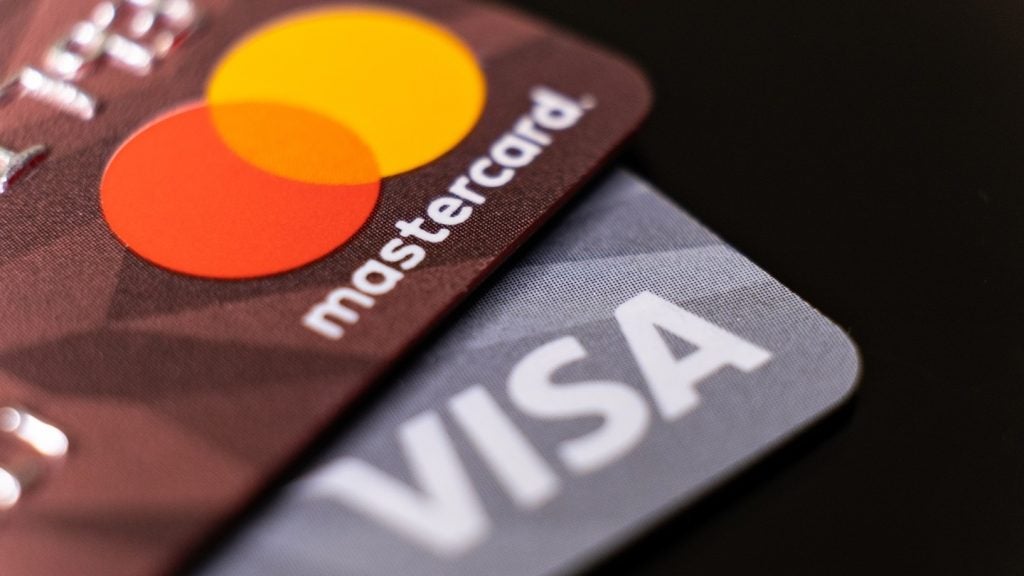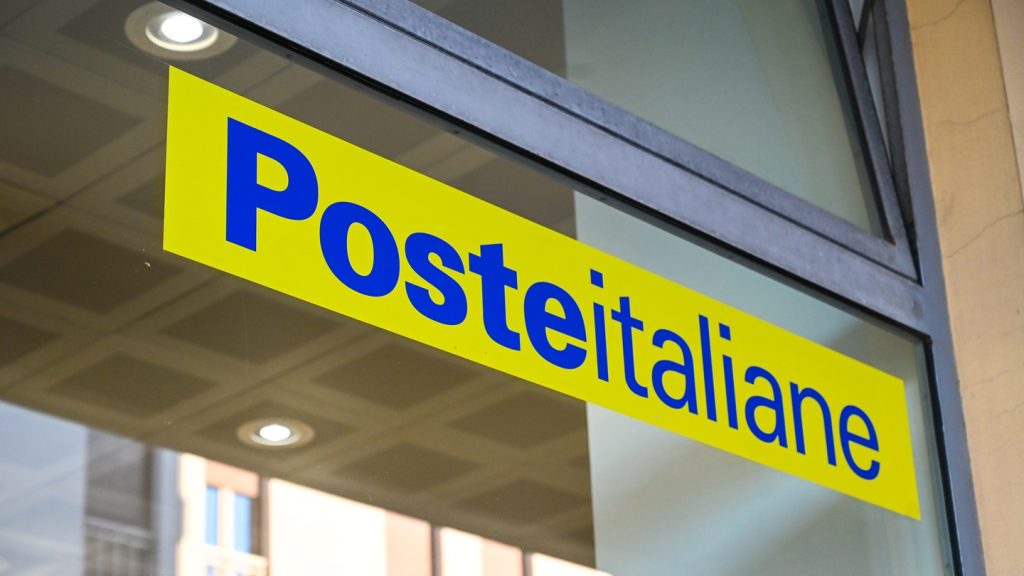Financial management solutions provider eWise
has launched a bank-inclusive payment method that aims to wipe-out
Card-Not-Present (CNP) fraud.
eWise payo is an Online Banking ePayments
(OBeP) solution that allows consumers to pay for goods and services
via their internet banking site, a move that is thought to help
banks regain their customer’s trust. By eliminating the need to
input personal data, eWise is hoping to open the ecommerce market
up to those consumers who are dissatisfied with the current level
of security available.

Access deeper industry intelligence
Experience unmatched clarity with a single platform that combines unique data, AI, and human expertise.
The payment method utilises payment services
provider VocaLink’s Faster Payments network, technology that has
been gathering momentum since its inception in 2008. The number of
Faster Payments grew by 12.7% to 107.4m in Q2 2010 according to the
UK Payments Council.
“As all the banks in the UK have paid,
implemented and developed Faster Payments, eWise payo can take
place in near real-time,” says John France, managing director,
European payments division for eWise.
“From the time a consumer bank initiates the
payment, it can be with the merchant’s acquiring bank in a maximum
of 15 seconds.”
Merchants register and sign-up for the service
with a merchant acquirer, who then validates the merchant’s
credentials. The merchant’s bank account and web address is stored
on eWise’s participant database together with the participating
banks’ online banking website addresses.

US Tariffs are shifting - will you react or anticipate?
Don’t let policy changes catch you off guard. Stay proactive with real-time data and expert analysis.
By GlobalDataOnce a consumer reaches a merchant’s checkout
page they will be presented with the option of paying using payo
and a drop down box will appear listing the participating banks.
They select their bank from the list and the merchant then sends
eWise the transaction information – such as the value of the
purchase. eWise passes back an encrypted session token and sends
the URL of the bank’s internet banking log-in page to the merchant.
The merchant then redirects the consumer to their personal internet
log-in page.
The consumer bank takes the session token and
sends it to eWise to be validated. The token is unencrypted and the
bank is given the transaction information and merchant details they
require – such as the merchant acquiring bank and its website
address to enable the consumer to be redirected once the
transaction has completed.
The consumer is presented with a payment
screen where they will be given a list of accounts they can pay
from including their current balances. France claims this is part
of eWise’s ‘responsible consumerism’ strategy, whereby it is giving
people all the knowledge they need to instruct their bank to
initiate payment.
The Faster Payments platform presents eWise
with a unique transaction identifier, which is encrypted and sent
to the bank to redirect to the merchant using the session
token.
“We store some transaction data in the form of
receipts but there is nothing in there that I am aware of that any
fraudster could get any value out of,” says France.
“There is simply nothing there that is worth
stealing.”
eWise has previously worked with the North
American Clearing House Association (NACHA) on a similar online
banking payment network – Secure Vault Payments (SVP). The piloting
of the solution lasted two years and it was rolled out on a
commercial basis last year.
France has revealed two of the top five US
banks have now deployed SVP. Thanks to the adoption of the
technology by these unnamed key players, it will now become
available across 26 states.
European payment networks iDeal and Giropay
work on the same principle as eWise’s payo and are all part of the
International Council of Payment Network Operators (ICPNO). The
council’s role is to pull together a governing body that delivers a
set of standards to enable cross-border payments between the
networks.
iDeal and Giropay are currently participating
in an European Payments Council (EPC) sponsored pilot to enable
payments to flow between the two networks. eWise says it is doing
the same with Interac in Canada and SVP in the US.
“When eWise payo is launched we will be
sitting in the middle, effectively becoming the glue that brings
iDeal, giropay, and NACHA together,” says France.
“The US and the UK are the biggest e-commerce
markets so we believe that by bridging the two, a whole new domain
will open up for people to transact. There are a lot of people that
do not transact using the internet because they are not happy with
the current security measures.”
France is a relative newcomer to eWise,
joining in September 2010 from Visa Europe, where he was the head
of processing sales.
“I was very happy at Visa and then all of a
sudden, this opportunity came along to understand online banking
and I left Visa very quickly and joined eWise to bring payo to the
UK,” he says.
CNP fraud losses in the UK still remains a
constant threat to the industry and the latest figures from the UK
Card Association places the figure at £118.2m for the 12 months
ending June 2010.
“This represents a lot of money that dodgy
people are obtaining, which ultimately consumers are going to pay
for,” says France.
“I would like to think that if someone uses
our solution, we will wipe out that fraud.”
France told EPI eWise is in the
process of speaking with merchants and banks in a bid to get them
involved in the network. The service was due for launch in 2012 but
he claims the interested parties has requested the launch date to
be brought forward, with expected deployment to occur in Q2 or Q3
this year.






